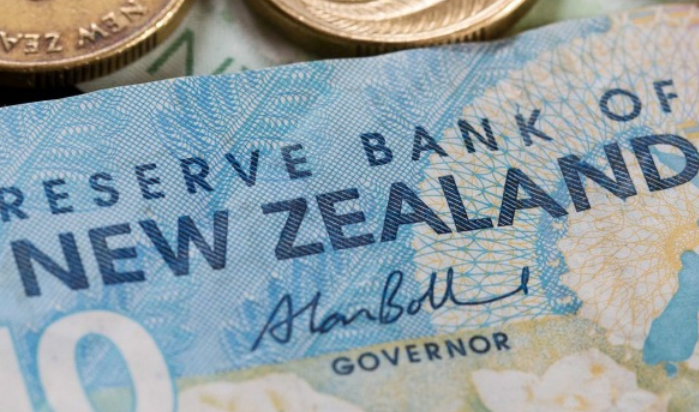Earlier today in the comments someone asked about what it is the Reserve Bank of New Zealand will have regard to for potential intervention in the currency

I've posted on this before, so just a repeat for those who missed my earlier reply:
From ANZ comes an interesting item titled: What the RBA can learn from the RBNZ.
It is very interesting, but what perhaps makes it more useful for a wider FX trader audience is its reference the triggers for a central bank intervention.
- The RBNZ specifies the 'opportune-ness' of intervention as one of the 'traffic lights' it considers when intervening. The more 'opportune' the moment, the more likely intervention will be effective.
Read about what made RBNZ intervention opportune at the article... such information could come in handy in future.
Also, from Westpac: A primer on the RBNZ's FX intervention policy
In brief:
- The exchange rate must be at an exceptionally high or low point in the cycle;
- The level must be unjustified based on a range of economic fundamentals;
- Intervention must be consistent with the Policy Targets Agreement (PTA);
- and Market conditions must be opportune, so that intervention has a reasonable chance of success.
There is also a fuller, detailed article here: The Reserve Bank's new foreign exchange intervention policy.




